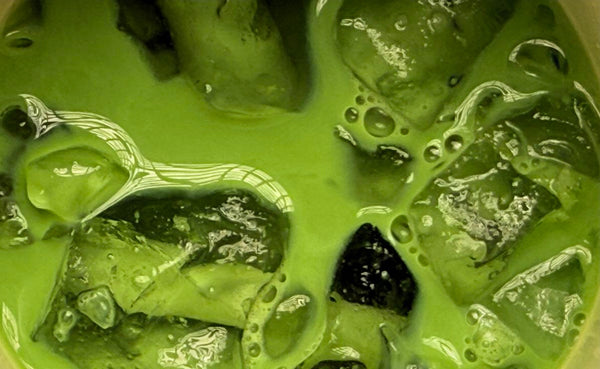Everything You Need to Know About Whey Protein: Types, Uses, and Benefits
If the gym is your bae, your best friend is whey protein. Celebrated for its unmatched benefits, whey protein has become a staple for health enthusiasts and athletes alike. With the global whey protein market projected to skyrocket from $8.98 billion in 2023 to $22.95 billion by 2034 (an impressive CAGR of 8.9%), it’s clear why it’s hailed as the gold standard in protein supplements. In this guide, let’s explore everything about whey protein—from its definition to its remarkable health benefits.
What is whey protein?
Whey protein is derived from whey, the liquid portion of milk that separates during the cheese-making process. Milk contains two primary proteins: casein (80%) and whey (20%). During cheese production, the fatty components of milk solidify, leaving whey as a byproduct.(Source-NIH)
This whey undergoes multiple processing steps to transform it into the whey protein powder we commonly use today. It’s a versatile ingredient often added to protein shakes, meal replacements, and protein bars, making it a popular choice for fitness enthusiasts and health-conscious individuals alike.
What is whey protein made of?
Whey protein is packed with essential amino acids, making it a complete protein source. It includes components like beta-lactoglobulin, alpha-lactalbumin, and immunoglobulins, which contribute to its numerous health benefits.
Types of whey protein:
Whey Protein Concentrate (WPC): WPC is a budget-friendly option with 50%–90% protein content, plus fats, lactose, and immune-boosting peptides. Perfect for beginners, muscle gainers, or anyone aiming to bulk up.
Whey Protein Isolate: This type offers up to 95% protein with minimal fat and lactose, making it ideal for those focused on lean muscle building while keeping carbs and fats in check.
Whey Protein Hydrolysate: Hydrolysate is the premium choice, delivering up to 99% protein. It’s pre-digested through hydrolysis, ensuring faster absorption and easy digestion—great for advanced fitness goals.
Whey Protein Benefits:
What Does Whey Protein Do?
Whey protein provides your body with high-quality protein that’s efficiently absorbed and utilized. It aids in muscle recovery, supports weight management, and contributes to overall health by improving immune function and reducing inflammation.
How to Use Whey Protein?
Incorporate whey protein into your routine by adding it to shakes, smoothies, or even recipes like pancakes and oatmeal. It's perfect post-workout for muscle recovery or as a meal replacement for weight management.
Best Whey Protein Supplements
When choosing the best whey protein supplements, look for products with minimal additives and high-quality ingredients. Whey protein isolate is a great choice for those focused on lean muscle gain and weight loss.
In conclusion, whey protein is an excellent way to boost your protein intake, offering high-quality protein that’s efficiently absorbed and utilized by the body. This makes it particularly beneficial for athletes, bodybuilders, and anyone looking to build muscle mass while shedding fat. When it comes to achieving muscle gain and fat loss, protein is crucial, and whey protein stands out as one of the best options.With its excellent nutrient profile and superior digestibility, it’s a reliable partner in achieving your fitness goals. Whether you’re exploring what whey protein is, its uses, or how it supports weight loss and muscle gain, it’s clear that whey protein is a game-changer for health and fitness.



























 DOWNLOAD NOW
DOWNLOAD NOW
